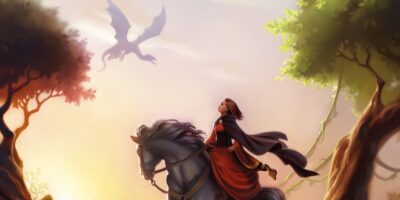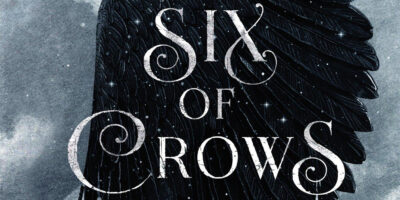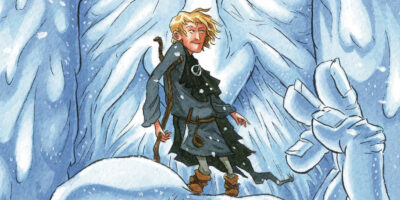-
Filter blog posts
Honor Roll titles
November 18, 2016
Review: Our Chemical Hearts by Krystal Sutherland
March 26, 2016
Interview with Leigh Bardugo about Six of Crows
March 26, 2016
Review: Six of Crows by Leigh Bardugo
March 14, 2016
Review: Odd and the Frost Giants by Neil Gaiman
January 10, 2016
Review: The War That Saved My Life by Kimberly Brubaker Bradley
October 16, 2015
Review: Romancing the Dark in the City of Light by Ann Jacobus
July 3, 2015
Review: Far From You by Tess Sharpe
March 20, 2015
Review: The Iron Trial by Holly Black & Cassandra Clare
July 23, 2014
Review: The Elementals by Saundra Mitchell
July 18, 2014
Discussion: Warning Flags and Turn-Offs
April 4, 2014
Review: The Collector by Victoria Scott
July 22, 2013
Review: Among Others by Jo Walton
July 21, 2013














